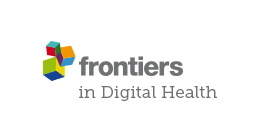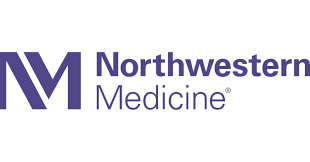
Editor's Note Artificial intelligence (AI) is rapidly reshaping nursing informatics and clinical practice, improving patient monitoring, care planning, and workflow efficiency, yet both opportunities and risks are mounting. According to March 2025 reviews published in International Nursing Review and in Frontiers in Digital Health, AI integration promises significant gains in…

Editor's Note Consumer wearables can help detect surgical complications in children days before formal diagnosis, according to a July 9 article from the Feinberg School of Medicine at Northwestern Medicine. The article focuses on a study published in Science Advances and led by researchers at Northwestern University, Shirley Ryan AbilityLab,…

Editor's Note A mixed reality navigation (MRN) system for neurosurgery achieved performance comparable to traditional optical navigation (TON) in certain clinical scenarios, while significantly reducing equipment costs, according to an August 1 study published in BMC Surgery. The MRN system, built around a Microsoft HoloLens headset and infrared tracking tools,…

Editor's Note Serious cybersecurity vulnerabilities remain in healthcare despite significant improvements in recent years, according to a July 16 MedCity News report on recent data from cybersecurity firm Fortified Health Security. Fortified’s research, which reportedly draws on NIST CSF data and first–hand experience from the field, assesses the state of…

How would you describe the ideal OR? Whatever the answer, the chance to reimagine and reshape the perioperative suite can be among the most exciting projects of a perioperative leader’s career. However, OR construction and renovation also can be among the most daunting projects of a perioperative leader’s career. Just…

Editor's Note AI-enabled sensors, smart surveillance systems, and predictive analytics are advancing perioperative workflows while helping prevent breaches that can lead to surgical site infections (SSIs). This is the primary takeaway of a July 15 Q&A with Herman DeBoard, PhD, CEO of Huvr Inc., in Infection Control Today. As detailed…

Editor's Note A robust scheduling model can significantly improve OR efficiency and stability when surgery and recovery times are unpredictable, according to research published in the journal Mathematics. Using a Genetic Algorithm for Robust Scheduling (GARS), the authors demonstrate a practical and computationally efficient method for minimizing makespan across a…

Editor's Note A surgical robot independently performed a lengthy phase of gallbladder removal with expert-level precision, according to a July 9 announcement from Johns Hopkins university. "This advancement moves us from robots that can execute specific surgical tasks to robots that truly understand surgical procedures," said medical roboticist Axel Krieger,…

Editor's Note Mayo Clinic researchers have developed an artificial intelligence (AI) system that detects surgical site infections (SSIs) from patient-submitted wound photos. According to the July 7 announcement, the model achieved 94% accuracy in detecting surgical incisions and an 81% area under the curve (AUC) in identifying infections. According to…

Editor's Note Recent early alerts from the US Food and Drug Administration (FDA), issued when the agency becomes aware of potentially high-risk issues, involve Abiomed’s Automated Impella Controller (AIC) and infusion pump software from Baxter. The AIC system, which is the user control interface for the Impella catheter blood pump,…